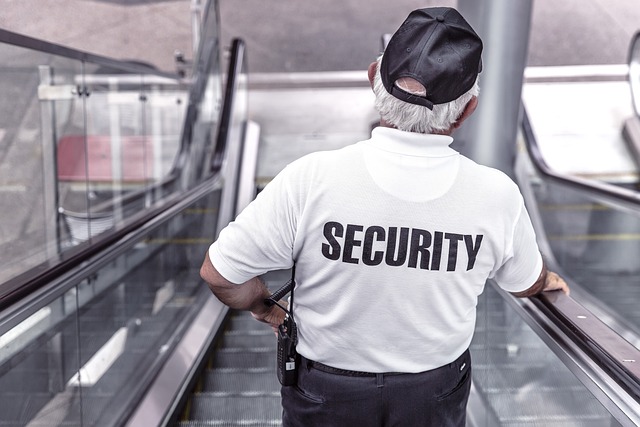Living off campus comes with distinct safety challenges, emphasizing individual responsibility for personal well-being. Students should implement proactive measures like securing homes, investing in robust locks and alarms, staying alert about belongings, and building neighborly relationships to enhance security. Key strategies for robust off campus security include advanced technology like motion sensors, cameras, smart locks, regular safety drills, and informed community engagement with local law enforcement. By prioritizing these steps, students can create safer living environments off-campus, fostering peace of mind.
Moving off campus brings unique safety considerations. This guide equips students with essential knowledge to navigate their new environment securely. We explore common security risks associated with off-campus living and provide practical tips for mitigating them. From understanding your surroundings to implementing robust safety measures, you’ll gain insights to ensure a safe and peaceful residence away from home. Discover how to enhance your off-campus security and protect yourself from potential hazards.
- Understanding Off-Campus Security Risks
- Implementing Essential Safety Measures
- Staying Safe in Your New Environment
Understanding Off-Campus Security Risks

Living off campus comes with unique safety considerations that students and young adults often underestimate. While on-campus security is typically managed by institutions, off-campus areas fall under individual responsibility. Understanding common security risks is the first step towards ensuring a safe living environment. Students should be aware of potential hazards such as unfamiliar surroundings, increased visibility for criminals due to varying schedules, and a lack of immediate authority figures or support systems.
Off-campus security involves a proactive approach where tenants must take initiative. This includes securing doors and windows, investing in reliable locks, installing safety devices like alarms or cameras, and being mindful of personal belongings at all times. Additionally, building relationships with neighbours can foster a sense of community security; keeping an eye out for suspicious activities and reporting any potential dangers to local law enforcement are valuable contributions.
Implementing Essential Safety Measures

Implementing essential safety measures is paramount for ensuring a secure and comfortable off-campus living experience. Key steps include securing reliable off-campus security systems, such as motion sensors and security cameras, to deter potential intruders and provide quick response during emergencies. Regularly updating security protocols, like installing smart locks that offer digital access codes or biometric authentication, further strengthens protection.
Encourage a culture of awareness among residents by conducting regular safety drills and distributing emergency contact lists. Educating individuals about personal safety practices, such as avoiding poorly lit areas, keeping doors locked, and being cautious during late-night walks, can significantly reduce risks. Additionally, establishing clear communication channels with local law enforcement agencies ensures prompt assistance when needed.
Staying Safe in Your New Environment

Moving into an off-campus living space presents a new set of challenges when it comes to safety. As you explore your surroundings, prioritize understanding the dynamics of your neighborhood and identifying potential risks. Stay vigilant by noting any suspicious activity or individuals in common areas or nearby streets. Regularly assess the security measures in place, such as lighting along pathways, surveillance systems, and access control mechanisms, ensuring they are adequate for your peace of mind.
Engaging with your community can significantly enhance your off-campus security. Get to know your neighbors, as they might notice something unusual and offer assistance. Keep open lines of communication with local law enforcement and stay informed about any relevant safety protocols or alerts. Regularly review emergency procedures and ensure you have a well-stocked safety kit tailored to your specific living environment.
